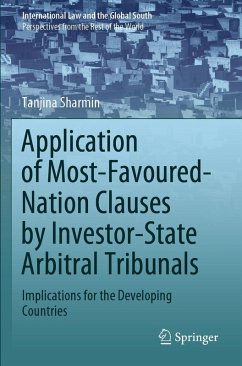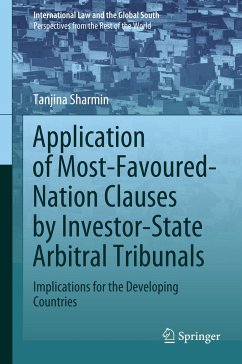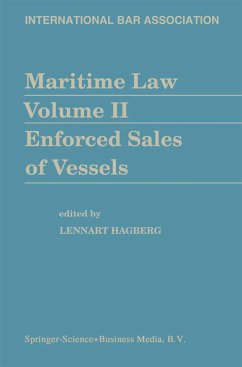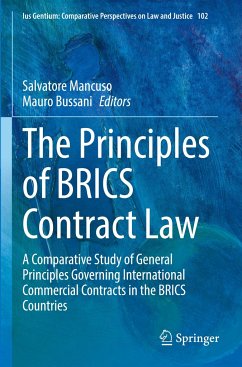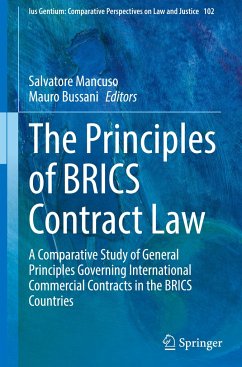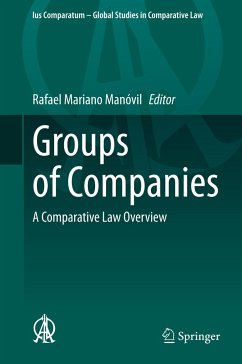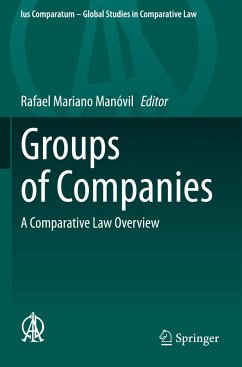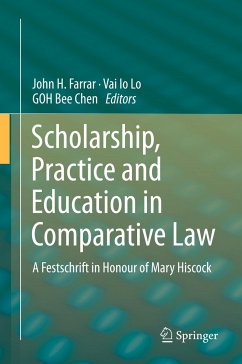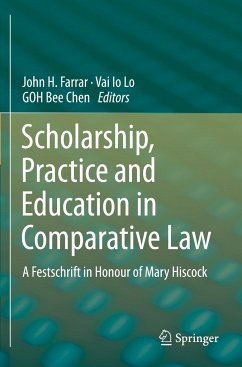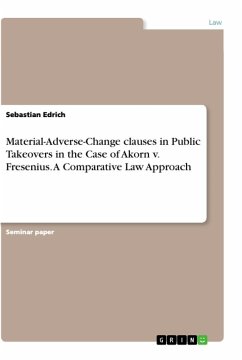
To what extent, if any, are most favoured nation clauses able to be invoked by investment treaty claimants suing under one bilateral investment treaty in relation to procedural rights granted by another bilateral investment treaty?

PAYBACK Punkte
0 °P sammeln!
Master's Thesis from the year 2009 in the subject Law - European and International Law, Intellectual Properties, grade: B+, University of Auckland, course: International Arbitration, language: English, abstract: Since 1959, the year in which the first Bilateral Investment Treaty (hereinafter BIT) was concluded, the number of BITs has increased to roundly 2500. The rapid growth of that number spells out the outstanding role BITs nowadays play in the global investment protection regime. Typically the host country has not only entered into a BIT with one country but a number of other countries as...
Master's Thesis from the year 2009 in the subject Law - European and International Law, Intellectual Properties, grade: B+, University of Auckland, course: International Arbitration, language: English, abstract: Since 1959, the year in which the first Bilateral Investment Treaty (hereinafter BIT) was concluded, the number of BITs has increased to roundly 2500. The rapid growth of that number spells out the outstanding role BITs nowadays play in the global investment protection regime. Typically the host country has not only entered into a BIT with one country but a number of other countries as well. Due to numerous reasons the BITs concluded by the host country often differ in their wording, scope and the guaranteed range of rights. In order to prevent a discrimination and to ensure a balanced competition in the country's market with equal opportunities for all market players almost all BITs provide for a so-called Most-Favoured-Nation clause (hereinafter MFN clause). Subject to certain limits such a MFN clause, in principle, operates as follows: as soon as the host state accords a more favourable treatment to a third party in another BIT (third party treaty) the party of the basic treaty can rely on the MFN clause to demand the same treatment. Hence, the most favourable treatment agreed upon with one state automatically sets up the standard for the treatment of any other country given that its BIT contains a MFN clause. Although it might be problematic as to what extent a basic treaty can be altered by the operation of MFN clauses, it is commonly accepted that they principally can allow for the incorporation of more favourable substantial rights. However, most BITs do not only address substantial matters but provide for dispute settlement procedures as well. It was the year 2000 when an arbitration tribunal in fact dealt with such a claim for the first time in detail. The pendent dispute gave rise to a question that surprisingly has scraped a shadowy existence before: Are MFN clauses also able to import procedural rights from one BIT to another? Although the competent tribunal in the now-famous Maffezini decision argued in favour of an application with respect to procedural rights the issue today is still alien from being clarified, since other tribunals subsequently have expressly resisted following the Maffezini decision. The divergent decisions caused great legal uncertainty which is not least due to the textual breadth of the MFN clauses the different tribunals had to deal with. The following essay seeks to "bring light into this legal darkness".




